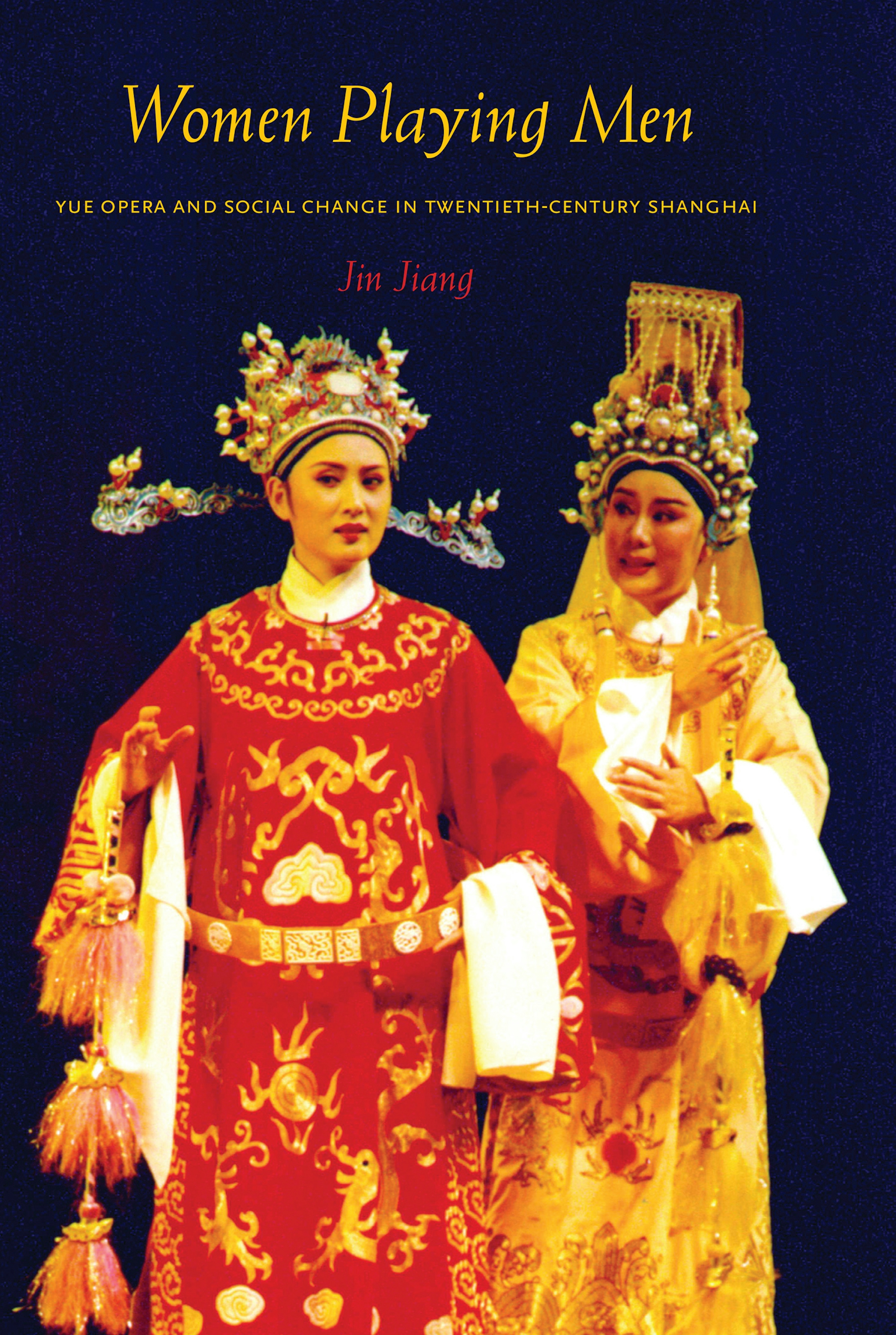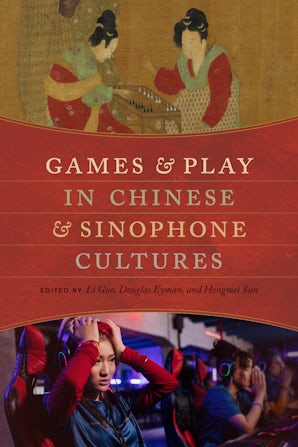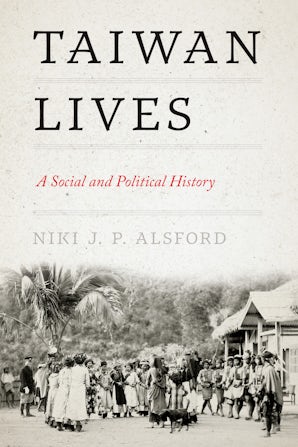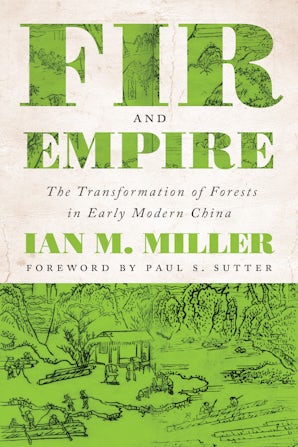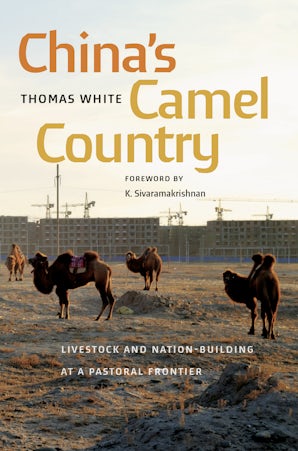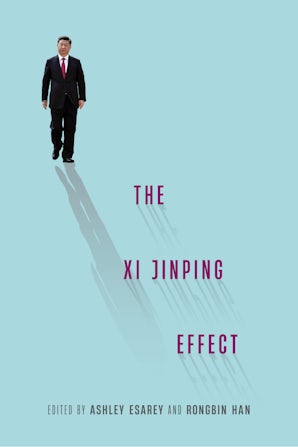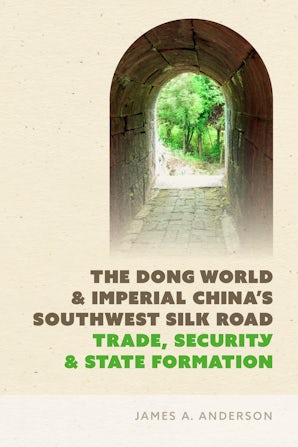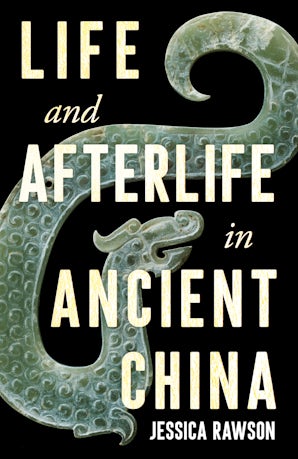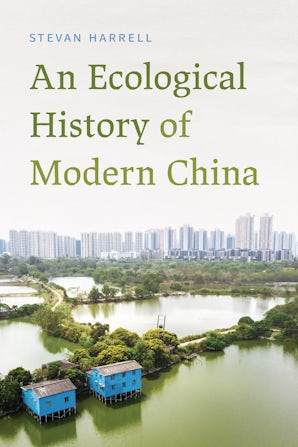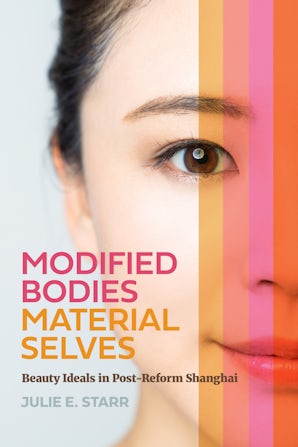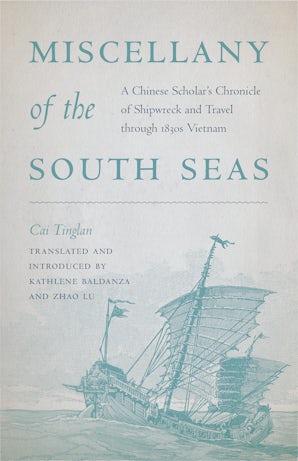"Jin Jiang's groundbreaking book is by far the best study of women's Yue opera as a social and cultural history in any language. . . . fascinating and surprisingly accessible. . ."
-
Liang Luo, China Review International
"This clearly written text will be useful to those interested in Chinese theatre, women and performance, and the history of modern China. . . . This book, rich in social and theatre history, puts this understudied genre center stage."
-
Kathy Foley, Theatre History Studies
"A major contribution to Chinese theater, performance studies, and modern history. . . . It breaks new ground in existing scholarship on traditional Chinese opera . . . [and] draws needed attention to the intriguing question of women's culture and gender identity in cosmopolitan Shanghai during the Republican period."
-
Xiaomei Chen, The Opera Quarterly
"Scholars and teachers who work in the fields of China's gender, cultural, and urban histories will commend its publication."
-
Yuen Ting Lee, Canadian Journal of History, vol. XLVI
"The stories, people, plays, and films that are the legacy of Yue opera and which Jin Jiang so lovingly preserves in her book are a vital reminder of how deeply engrained our needs are for entertainment focusing on that universal theme: love."
-
Andrew Field, American Historical Review
"Jin Jiang's study on the history of Yue opera is as thoughtful in its elucidation of social and political contexts as it is sympathetic in its intimate portraits of its protagonists, the actresses who created Yue opera…. the work provides an important addition to our understanding of the transformations of gender ideology and gendered praxis and performance in twentieth-century China. What is more, her history fully bridges-indeed, incorporates—the challenge that 1949 typically represents for historians of modern Chinese culture."
-
The Journal of Asian Studies
"The transformation of a rural, male dramatic form into an urban, female phenomenon lies at the heart of this stimulating study of 20th-century Shanghai culture. . . . Recommended."
-
Choice
"…women of Yue opera expressed modern urban feminine aspirations through the aesthetics and narratives of Yue opera. Such expressions represented the rise of feminine power in Shanghai and in Chinese society in general. This book should be welcomed by scholars in Chinese gender studies."
-
China Qaurterly
"This well-researched study examines a form of dialect opera that burst onto the scene in Shanghai in the 1920s, transformed itself under the aegis of its female stars in the 1930s and 1940s, eclipsed Bejing opera in the 1940s and maintained its predominance well into the 1980s. . . . This excellent study will be of interest to scholars and students of Chinese drama, urban popular culture, women's history, and gender studies.
-
Pacific Affairs
"Drawing on a wealth of written and oral sources the author effectively engages the subject from a cultural studies/feminist theory perspective to provide an outstanding example of how social and cultural dynamics can be examined through the lens of a performance tradition."
-
The Chinese Historical Review
